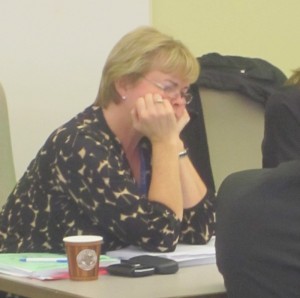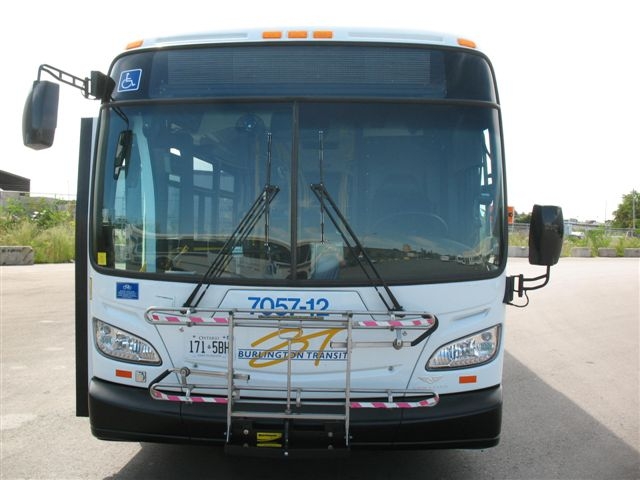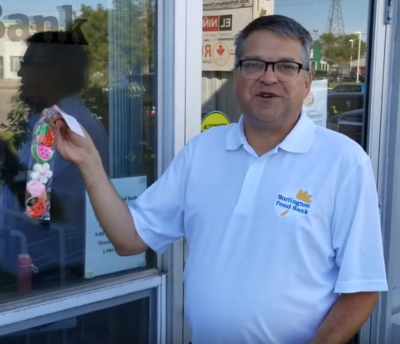 By Staff
By Staff
August 14th, 2020
BURLINGTON, ON
For those who want to get deeply into the weeds on just what the province is telling the school boards what they are required to do the Memorandum from the Ministry to the Boards wiill be interesting.
Purpose
The Ministry of Education is committed to ensuring that students1 across Ontario receive a consistent approach to remote learning in times of extended interruption to conventional in-person learning, such as when public health emergencies, pandemics, natural disasters, or other unplanned events force the closure of classrooms or schools.
This memorandum provides direction to school boards2 on remote learning requirements, including implementation and reporting. This memorandum also identifies effective practices that school boards should develop to support students during remote learning.

Classes like this will be difficult to hold.
During full or partial school closures, or under any other periods of remote learning, it is crucial to keep students engaged in their learning. Students should have access to a school community, a support network, and authentic educational experiences in order to continue to progress in their learning.
This memorandum must be implemented in alignment with collective agreements. Where there is a conflict between the memorandum and a collective agreement, the collective agreement must prevail.
Definitions of “Remote”, “Synchronous”, and “Asynchronous” Learning
In the context of this memorandum, “remote learning”, “synchronous learning”, and “asynchronous learning” mean the following:
Remote learning: Learning that occurs when classes are taught at a distance and when students and educators are not in a conventional classroom setting. Remote learning takes place in times of extended interruption to in-person learning – for example, as a result of a pandemic or natural disaster. Classes can be synchronous or asynchronous and can be taught online through a Learning Management System (LMS) or by using videoconferencing tools. In some cases, they may be delivered through emails, print materials, broadcast media, or telephone calls.
Synchronous learning: Learning that happens in real time. Synchronous learning involves using text, video, or voice communication in a way that enables educators and other members of the school- or board-based team to instruct and connect with students in real time. Synchronous learning supports the well-being and academic achievement of all students, including students with special education needs, by providing educators and students with an interactive and engaging way to learn. It helps teachers provide immediate feedback to students and enables students to interact with one another.
Asynchronous learning: Learning that is not delivered in real time. Asynchronous learning may involve students watching pre-recorded video lessons, completing assigned tasks, or contributing to online discussion boards.
Remote Learning Requirements for School Boards
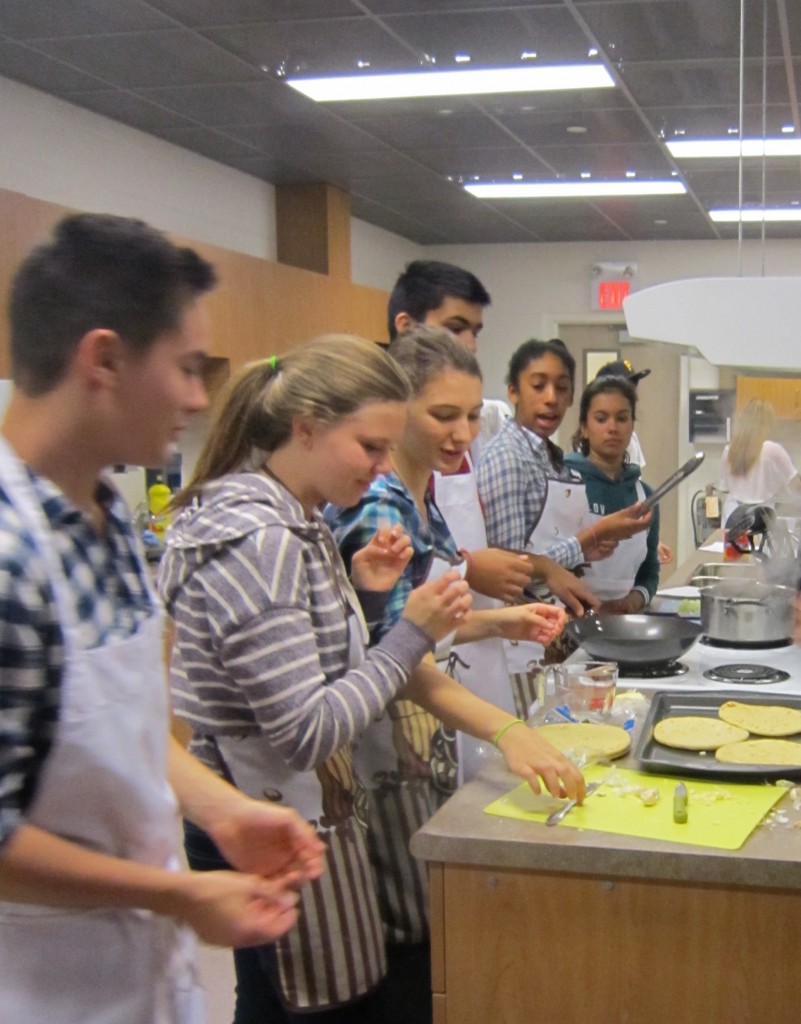
Classes like this won’t take place as long as the pandemic is with us.
2. Minimum Requirements for Synchronous Learning
During periods of remote learning where students are at home for more than three days in a given week, boards must ensure that students are provided with synchronous learning. The minimum requirements for synchronous learning help to ensure that students have access to both synchronous and asynchronous learning opportunities.
The scheduled synchronous learning sessions must be communicated to parents and students. Educators should use their professional judgement to provide some flexibility to students on an individual basis when students are unable to participate in synchronous learning.
The table below outlines the minimum amount of time per day that students, depending on their grade level, must be provided with synchronous learning as part of their scheduled or timetabled learning.
Division Grade Level of Students Daily Minimum Synchronous Learning Time Requirement*
Elementary Kindergarten 180 minutes
Grades 1 to 3 225 minutes
Grades 4 to 8 225 minutes
Secondary Grades 9 to 12 The higher of 60 minutes for each 75-minute class period** or 225 minutes per day for a full course schedule
* This is in addition to asynchronous learning time.
** The synchronous learning time requirement for any period that is not 75 minutes should be adjusted to reflect this ratio.
The synchronous learning time requirements outlined in the table above may be divided into shorter periods throughout the school day. For example, a child in Kindergarten may participate in an opening exercise for 10 minutes with their whole class, as well as a combination of whole-group and small-group sessions throughout the school day, and a 10-minute closing exercise with their class at the end of the school day.
It is expected that synchronous learning will be provided for large and small groups of students each day, in a manner similar to in-person classroom teaching. Synchronous learning time may include students working independently and in small groups while engaged in a virtual classroom with the teacher overseeing their learning and available for questions. The synchronous learning requirements are a part of the 300-minute instructional day during which teachers remain available to students as per the previous section “Minimum Requirements for Engaging Students during Remote Learning.”
Additional group meetings may take place between educators and students as needed to address specific learning needs. Where students are able to attend in-person classes and also participate in remote learning, school boards should plan, where possible, to assign different educators to facilitate both formats of instruction. This will ensure that students are engaged in their learning with appropriate levels of support.
3. Process for Exemption from Synchronous Learning
School boards must allow for students to be exempted from the minimum requirements for synchronous learning stated above, on an individual basis.
School boards must develop a process to obtain and acknowledge the receipt of exemption forms. Requests for an exemption must be made in writing. Exemption from synchronous learning may be requested by parents or by students who are 18 years of age or older, and students who are 16 or 17 years of age but have withdrawn from parental control.
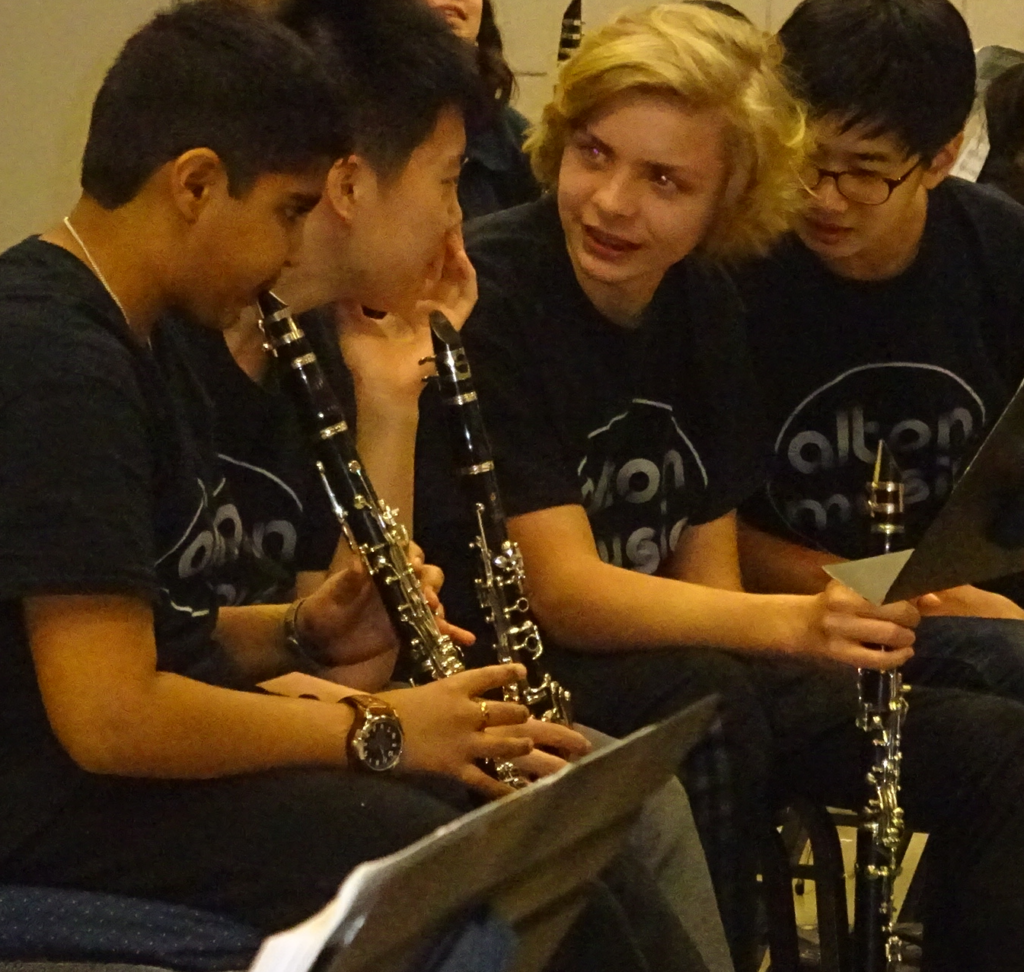
Social for sure – but no distancing. School is not going to be the same.
To support meaningful access to education, alternative learning approaches must be put in place for all exempted students – for example, correspondence, print, or broadcast media instruction that is based on the individual student’s needs and circumstances. Additional supports for parents should also be considered. Exempted students must be provided with a daily schedule or timetable in accordance with the 300-minute instructional day.
4. Protocols for Delivering Remote Learning
School boards must ensure that the delivery of remote learning includes the following elements:
Communication Processes
School boards must inform students and parents about remote learning requirements, including the process for exemption from synchronous learning, and expectations for student attendance and engagement.
School boards should clearly communicate a process whereby parents can inform the school of any issues that their child may be experiencing with remote learning, and provide steps that parents may take to resolve any issues.
Teachers should communicate with the principal, students, and parents a regular schedule of synchronous learning sessions that fulfills the minimum time requirements, as part of their remote learning timetable. Teachers should accommodate parents who request a meeting through other modes (e.g., by telephone, through a virtual platform) when an in-person meeting is not possible.
Differentiated Assessment and Instruction
Teachers should provide daily opportunities for each student to receive meaningful feedback.
The policy outlined in Growing Success: Assessment, Evaluation, and Reporting in Ontario Schools, 2010 continues to apply during periods of remote learning and teachers should employ assessment for, as, and of learning (including diagnostic, formative, and summative assessment), as required.
Teachers should provide differentiated support to all students, including English and French Language Learners, and students with special education needs who have an Individual Education Plan (IEP).
Supporting Students with Special Education Needs
Where appropriate, educators should provide more opportunities than the minimum requirements for synchronous learning for students with special education needs, based on their individual strengths and needs, and provide differentiated support and instruction.
Educators should continue to provide accommodations, modified expectations, and alternative programming to students with special education needs, as detailed in their IEPs. If it is not possible to meet a student’s needs through synchronous learning, educators and families will work together to find solutions.
School boards are encouraged to provide continued access to assistive technology, including Special Equipment Amount (SEA) equipment, where possible, to support students with special education needs as they participate in remote learning. In situations where access to assistive technology is not feasible, educators are expected to work with students and parents to determine workable solutions on an individual basis.
Student Attendance and Safety
Student attendance must be taken daily at the elementary level and per course at the secondary level. Principals must ensure that student attendance records are submitted and that a staff member is assigned to contact parents in the case of an unexpected absence, in accordance with school and board attendance protocols.
In cases where a student is unable to participate in a synchronous learning session – for example, their device may be shared with a parent in the home – teachers should be informed, and they should make curriculum and assessment accommodations on an individual basis.
Boards may review how attendance counsellors could be used to further support student attendance, engagement, and well-being.
Boards must ensure that teachers follow school board-established procedures related to online safety, privacy, and cyber security.
5. Access to Remote Learning Devices – such as Laptops or Tablets – and the Internet
School boards must work collaboratively with parents to ensure that all students have access to remote learning devices and the Internet during remote learning. School boards are expected to provide remote learning devices and Internet connectivity to students who do not otherwise have access to them, and to develop policies on how these resources will be allocated on an equitable basis.
In situations where students do not have access to remote learning devices or the Internet, and a school board is unable to provide this support, school boards should have a process in place to work collaboratively with students and parents to establish alternative arrangements on an individual basis.
School boards should also consider how to support students in Education and Community Partnership Programs (ECPPs), including students in youth justice ECPPs, where access to the Internet may not be available or may be restricted due to a court order.
Teachers should work from a school or board facility during remote learning, where possible, with reasonable accommodations if required. If this is not possible, teachers should maintain regular communication with the principal. School boards should support educators in accessing remote learning devices and tools to support remote and synchronous instruction.
6. Standardized Suite of Synchronous Learning Platforms
School boards must provide teachers with a standardized suite of synchronous learning platforms to ensure that students have a consistent learning experience, and provide teachers with training on these platforms. The platforms will allow real-time communication between educators, students, and parents during remote learning.
Synchronous learning platforms should include live video, audio, and chat features and be fully accessible. To support student safety and well-being, school boards should consider providing a tool that allows educators to control student microphones and cameras. School boards may also wish to consider synchronous learning platforms that include virtual whiteboards, recording features, participant polling features, and file uploading and sharing features.
7. Cyber Security, Privacy, and Online Safety
Ensuring the protection of privacy and the cyber security of educators, students, and parents is paramount to supporting a safe and inclusive learning environment for remote learning.
School boards must review their cyber security and privacy policies, and develop updates related to remote learning. These policies must include clear protocols and procedures for educators to follow so that they can ensure student safety and security during remote learning. These protocols must be clearly communicated to educators, students, and parents.
Board protocols should ensure that students and educators do not share passwords, that student initials are used for account creation instead of full names, that teachers are the last ones to leave synchronous learning sessions, and that students and teachers are aware of and respect board policies regarding digital conduct and privacy.
School boards should provide professional resources to all school staff to increase cyber security awareness.
Effective Practices
To support students and educators during periods of remote learning, school boards should develop effective practices, including:
providing technical support for remote learning
providing educator training
using standardized platforms
setting out roles and responsibilities
1. Providing Technical Support for Remote Learning
School boards should provide technical support to educators, students, and parents for the use of board-provided devices and access to the Internet during remote learning.
Technical support should be responsive to immediate needs. It should assist users who have specific technological problems and questions. In the context of remote learning, technical support should span the full spectrum of users’ technological needs, including devices, connectivity, security, and digital learning tools and applications.
Board staff, educators, students, and parents should know where to seek help when they encounter technical issues during remote learning. School boards should provide clear information on who can provide help (e.g., board staff, service providers), and how users can access that help (e.g., by email, telephone).
2. Providing Educator Training
Educators should have access to subject- and division-specific training to support remote learning.
School boards should deliver remote learning strategies and educator training related to:
student and staff safety;
student and parent comfort levels with technology, and the levels of support that may be required;
effective use of digital tools;
effective pedagogy and assessment;
student and staff mental health and well-being;
accessibility and differentiated instruction for all students, including students with special education needs.
3. Using Standardized Platforms
Educators should use board-approved synchronous learning platforms that are fully accessible.
Principals should ensure that educators have access to a suite of appropriate technology products, tools, and resources to support the delivery of remote learning. To ensure that students have a consistent learning experience, the maximum number of synchronous learning platforms used within a school should be three, where possible.
4. Setting Out Roles and Responsibilities
School boards should consider the rights and responsibilities of students, parents, teachers, educational assistants, early childhood educators, and other school and board staff during remote learning.
Teachers are expected to carry out the instructional duties assigned to them by their principals and to comply with all professional standards and obligations under the Education Act and the Ontario College of Teachers Act, 1996. These include having responsibility for the effective instruction and evaluation of the progress of students in the subjects and classes assigned by the principal (including by electronic means), preparing and submitting lesson plans to the principal, and communicating regularly with parents.
Technology Enabled Learning and Teaching (TELT) contacts at each school board can play an active role in supporting communication of the policy, educator training, and implementation of remote and synchronous learning. For example, they can support the use of the ministry’s Virtual Learning Environment, which provides educators with training related to digital learning tools.
Implementation
School boards must ensure that the requirements outlined in this memorandum are implemented by the beginning of the 2020-21 school year.
School boards are encouraged to consider local needs and circumstances, and to consult with local partners in their implementation of remote learning. In the French-language education system, the implementation of remote and synchronous learning should take into account Ontario’s aménagement linguistique policy and support the vitality of the French-language culture in a minority setting.
Monitoring and Evaluation
School boards are required to report at the end of the school year on their activities to fulfill the direction outlined in this memorandum.
School boards are expected to develop and implement a process for regular data collection, and to collect data related, but not limited, to:
areas in which educators require additional support in implementing remote learning, including providing student and educator access to technology and the Internet;
strategies to provide training related to the identified areas of need, including learning and well-being;
details of implementation progress and monitoring activities, including the number of exemptions from synchronous learning and what alternative approaches were used;
parent and student feedback on the impact of remote learning, including:
level of student engagement in learning;
ease of online learning participation;
access to teachers;
ease and access to technology;
information on how parent and student feedback is being taken into account in the delivery of remote learning.
Data covering the school year must be provided to the ministry no later than July 31 of each year in which there are periods of remote learning.
School boards are expected to make adjustments to their implementation of the requirements in this memorandum based on parent, student, and staff feedback collected throughout the school year.
Upon request of the ministry, school boards may be required to report on the following data during the school year:
for any given calendar month, the number of students engaged in remote learning;
for any given calendar month, the number of students provided with the minimum requirements for synchronous learning;
for any given calendar month, the number of students exempted from the minimum requirements for synchronous learning.
1 In this memorandum, unless otherwise stated, student(s) includes children in Kindergarten and students in Grades 1 to 12.
2 In this memorandum school board(s) and board(s) refer to district school boards, school authorities, and Provincial and Demonstration Schools (including the schools operated by the Centre Jules-Léger Consortium).
3 In this memorandum, parent(s) refers to parent(s) and guardian(s).

 By Pepper Parr
By Pepper Parr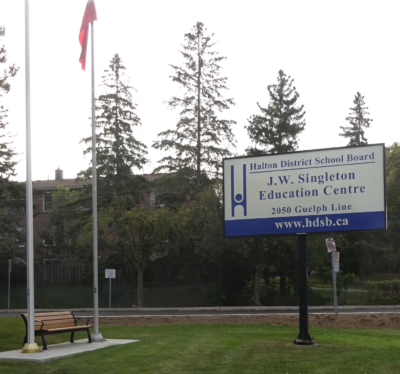 The intention was to hold the event Thursday or Friday of this week but HDSB officials said “we just don’t have enough information from the Ministry and hope to do the Town Hall virtually next week.”
The intention was to hold the event Thursday or Friday of this week but HDSB officials said “we just don’t have enough information from the Ministry and hope to do the Town Hall virtually next week.”















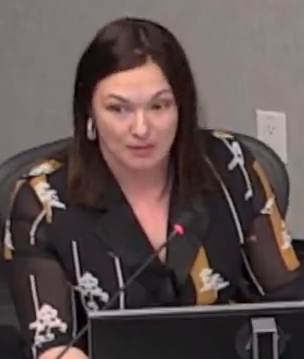
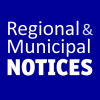

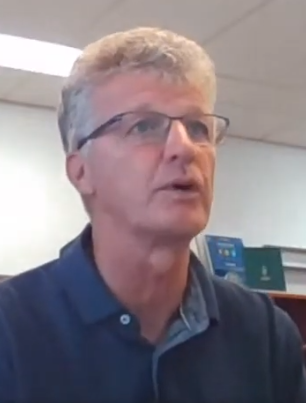
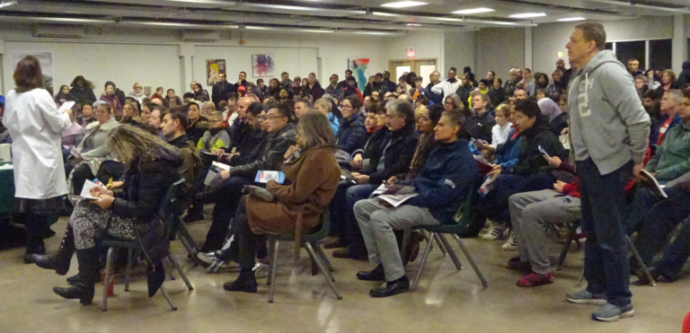
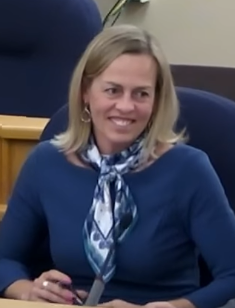
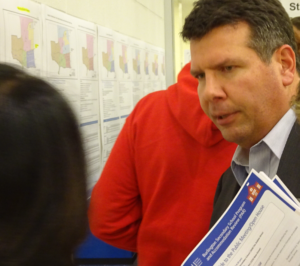
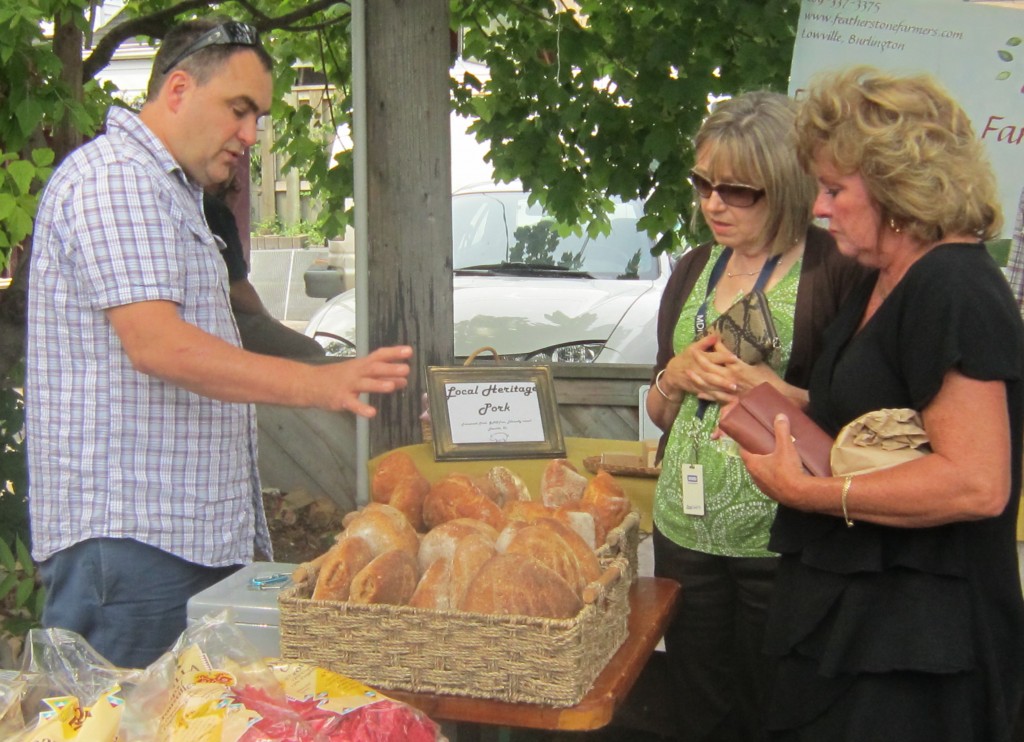
 This year, Burlington Lions Club invested over $4,000 in boundary fencing, signage, PPEs, sanitizers, and access controls to obtain clearance from public health authorities to operate this unique open-air venue. This cost has not been passed on to the vendors or the customers – the Lions consider it an important investment, as a service to the community. Also, additional volunteer staffing has been required to set up and take down the market, and monitor safe distancing practices of vendors and staff.
This year, Burlington Lions Club invested over $4,000 in boundary fencing, signage, PPEs, sanitizers, and access controls to obtain clearance from public health authorities to operate this unique open-air venue. This cost has not been passed on to the vendors or the customers – the Lions consider it an important investment, as a service to the community. Also, additional volunteer staffing has been required to set up and take down the market, and monitor safe distancing practices of vendors and staff.

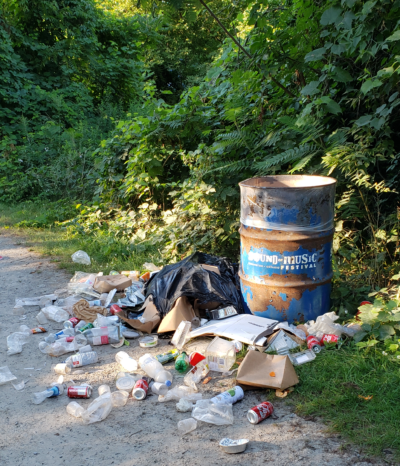
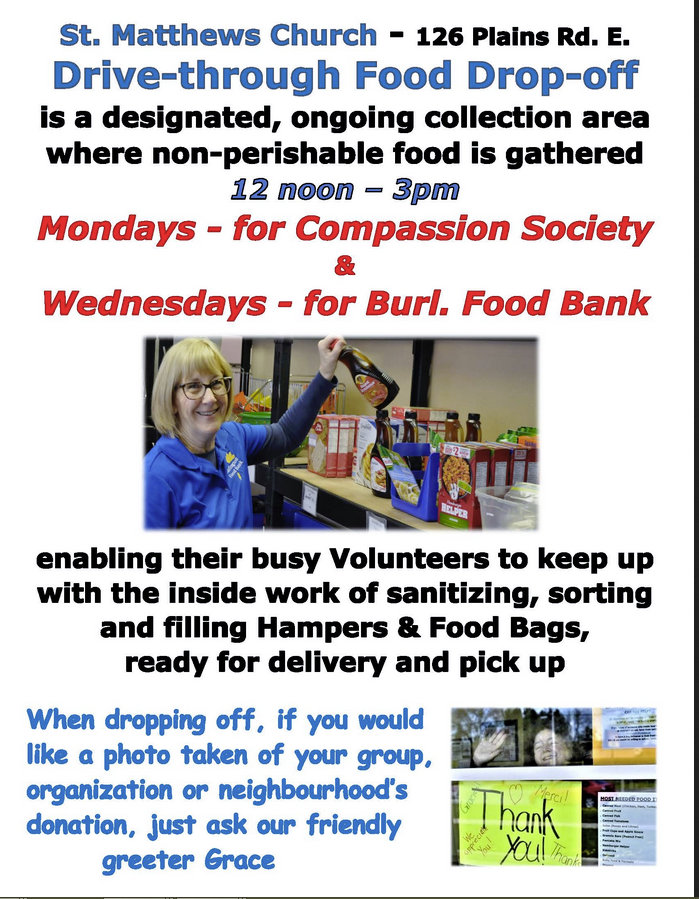



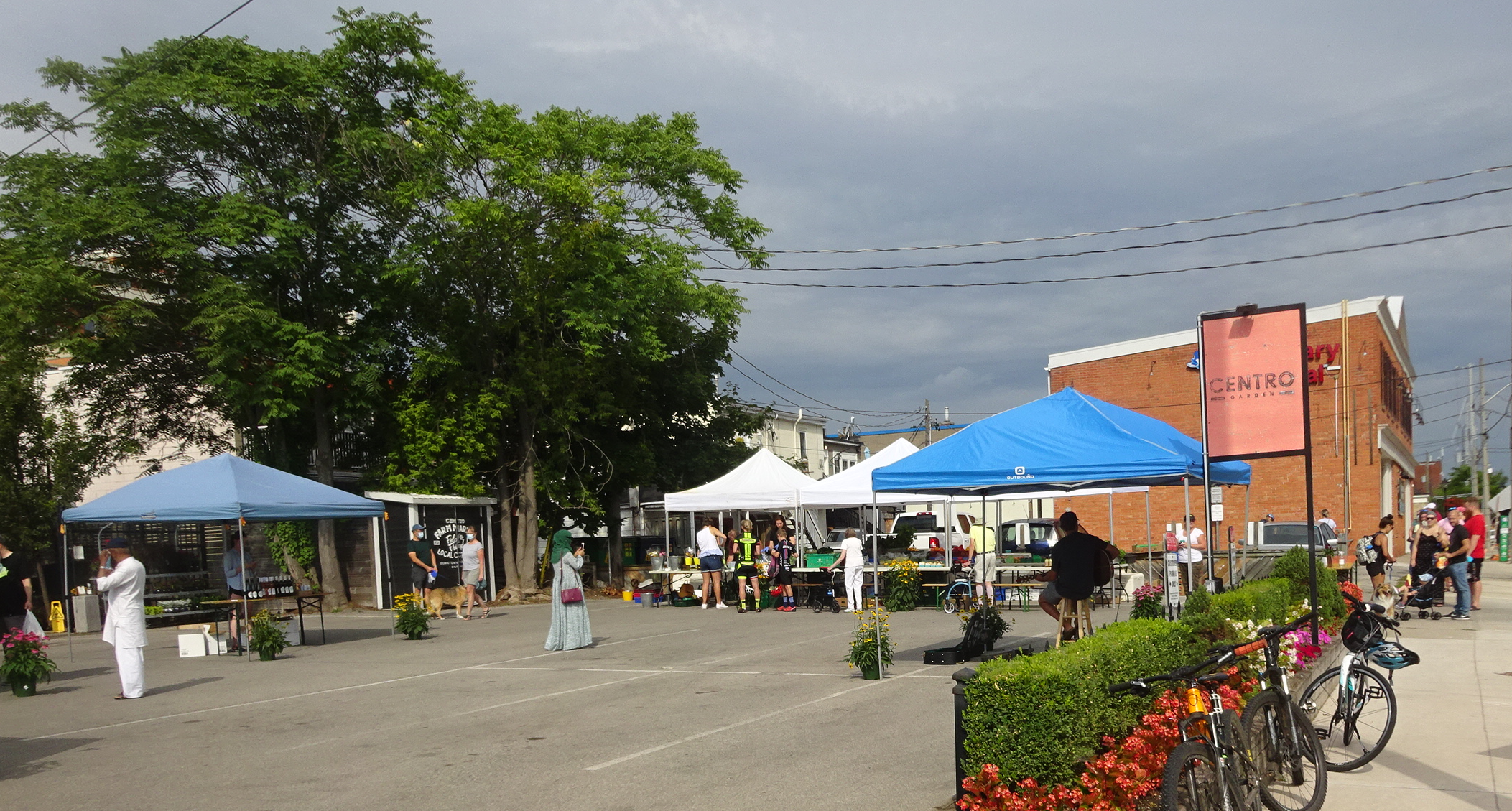
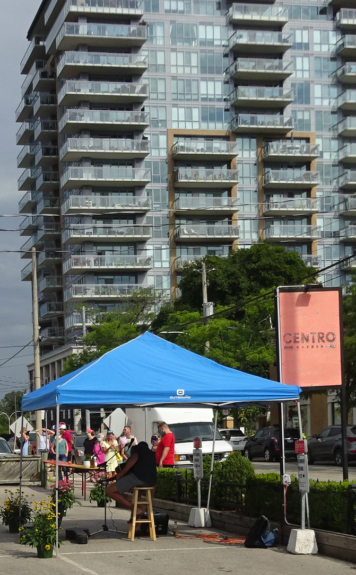

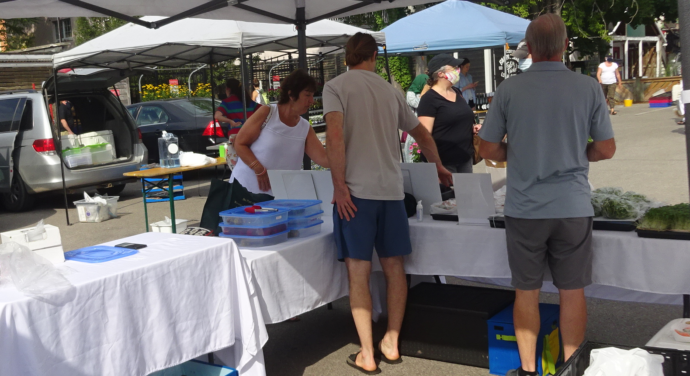

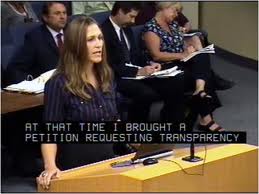
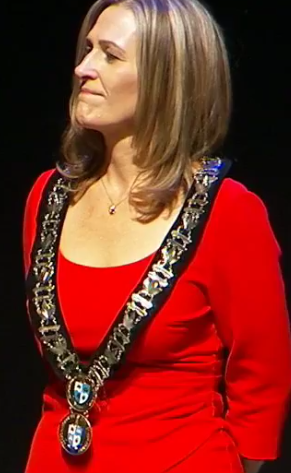
 He can’t seem to stay away from the City.
He can’t seem to stay away from the City. One of the first things Marianne Meed Ward did once she had the Chain of Office around her neck was to call a meeting of her newly sworn in members of Council and went into a Closed session where Council agreed that the City Manager was to be shown the door – dismissed – fired is the word people like to use.
One of the first things Marianne Meed Ward did once she had the Chain of Office around her neck was to call a meeting of her newly sworn in members of Council and went into a Closed session where Council agreed that the City Manager was to be shown the door – dismissed – fired is the word people like to use.
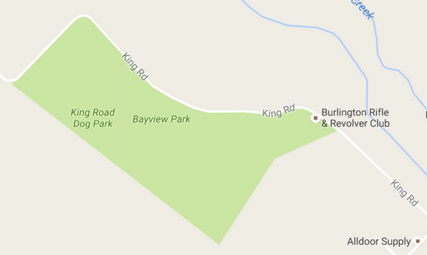
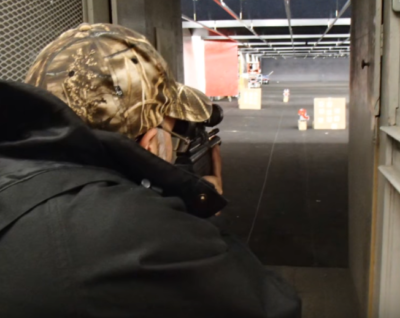

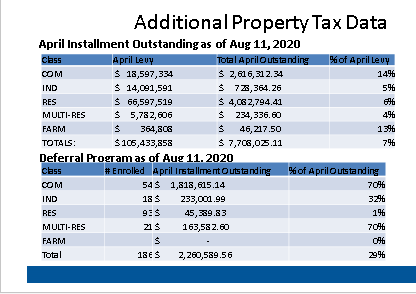
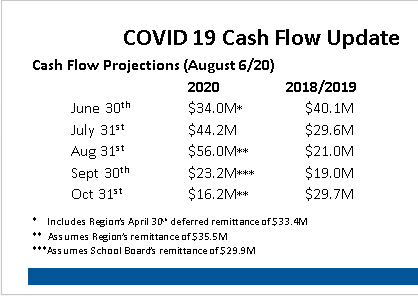
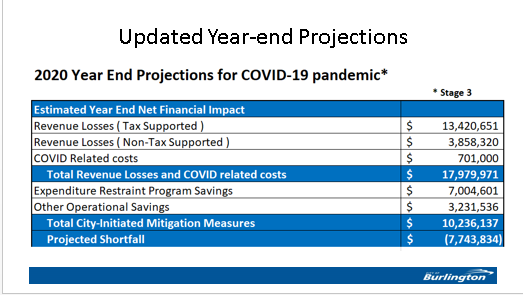
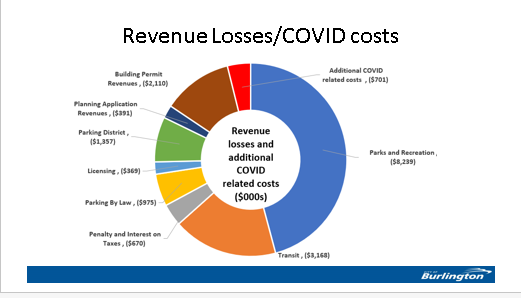
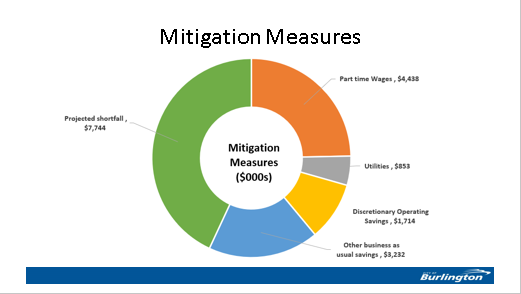
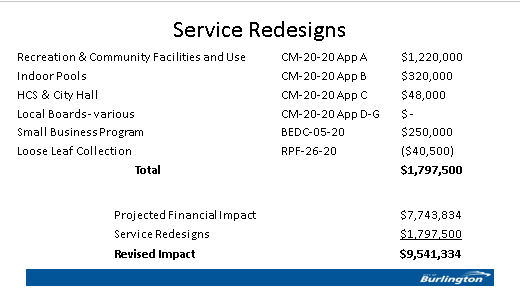
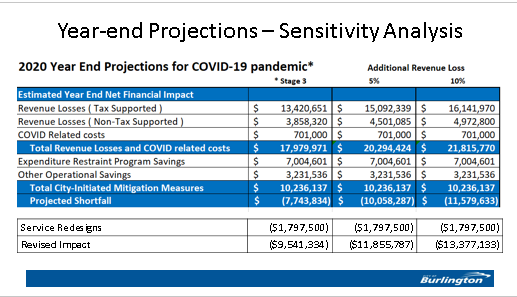

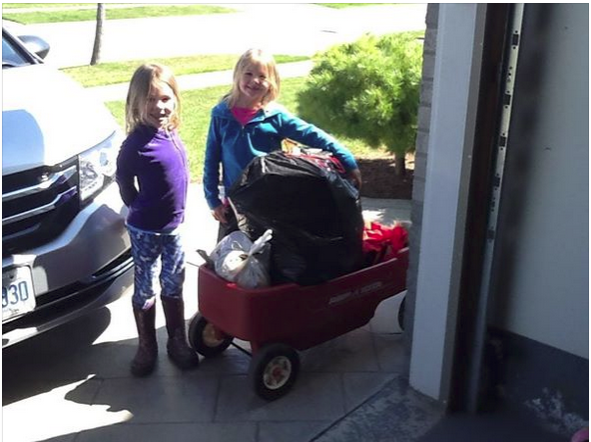
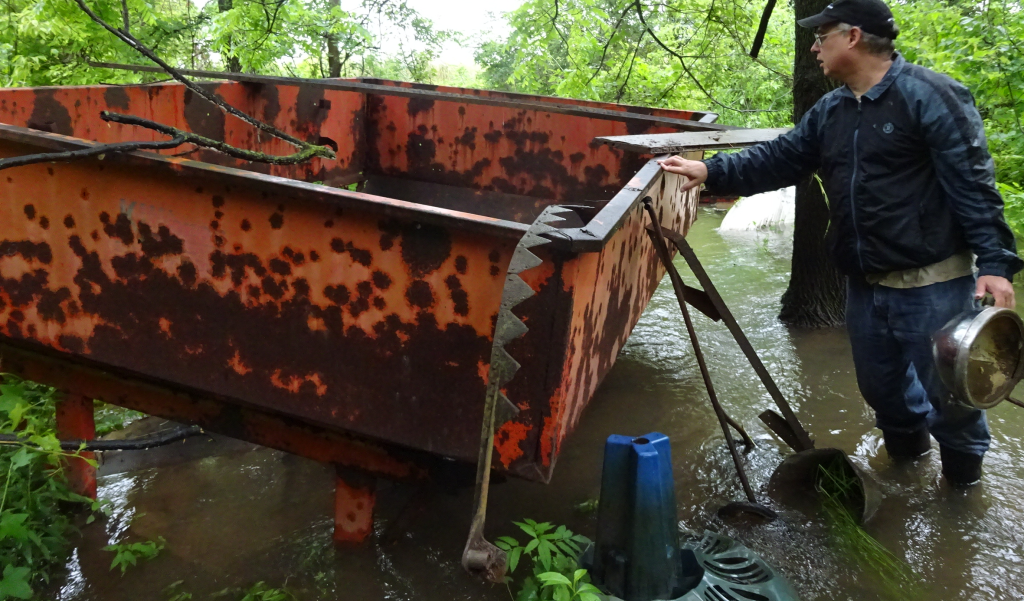

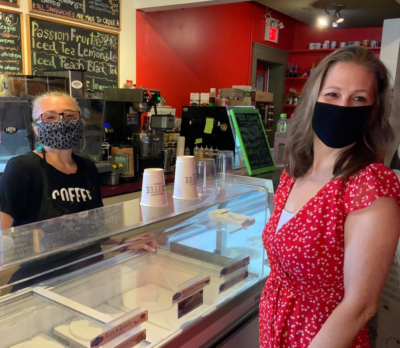
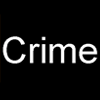
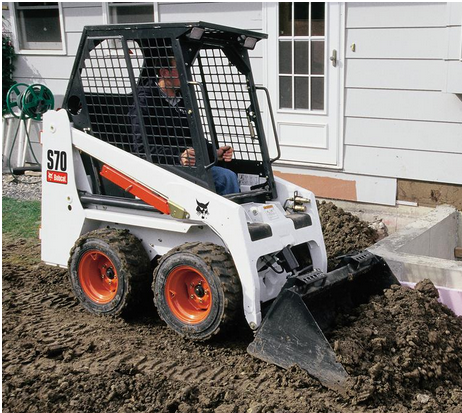
 Anyone with information in regards to this investigation is asked to contact Detective Constable Sheena Baker of the 1 District Criminal Investigation Bureau at 905-825-4747 ext. 2129.
Anyone with information in regards to this investigation is asked to contact Detective Constable Sheena Baker of the 1 District Criminal Investigation Bureau at 905-825-4747 ext. 2129.


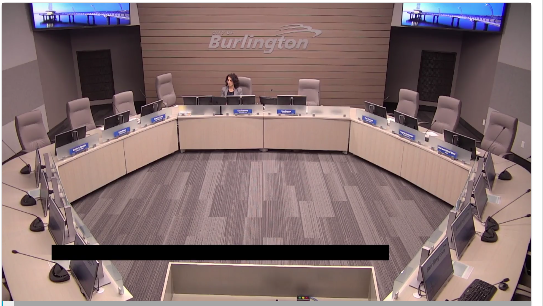 Sometime in November, assuming the infection numbers remain low (the colder weather may bring on an increase – we just don’t know yet) Council should be able to resume normal meeting set ups. There is more than enough room to spread them out around the horse shoe and put staff further back in the Chamber and provide just two rows of seats for the public and keep spaces of at least six feet between participants.
Sometime in November, assuming the infection numbers remain low (the colder weather may bring on an increase – we just don’t know yet) Council should be able to resume normal meeting set ups. There is more than enough room to spread them out around the horse shoe and put staff further back in the Chamber and provide just two rows of seats for the public and keep spaces of at least six feet between participants.